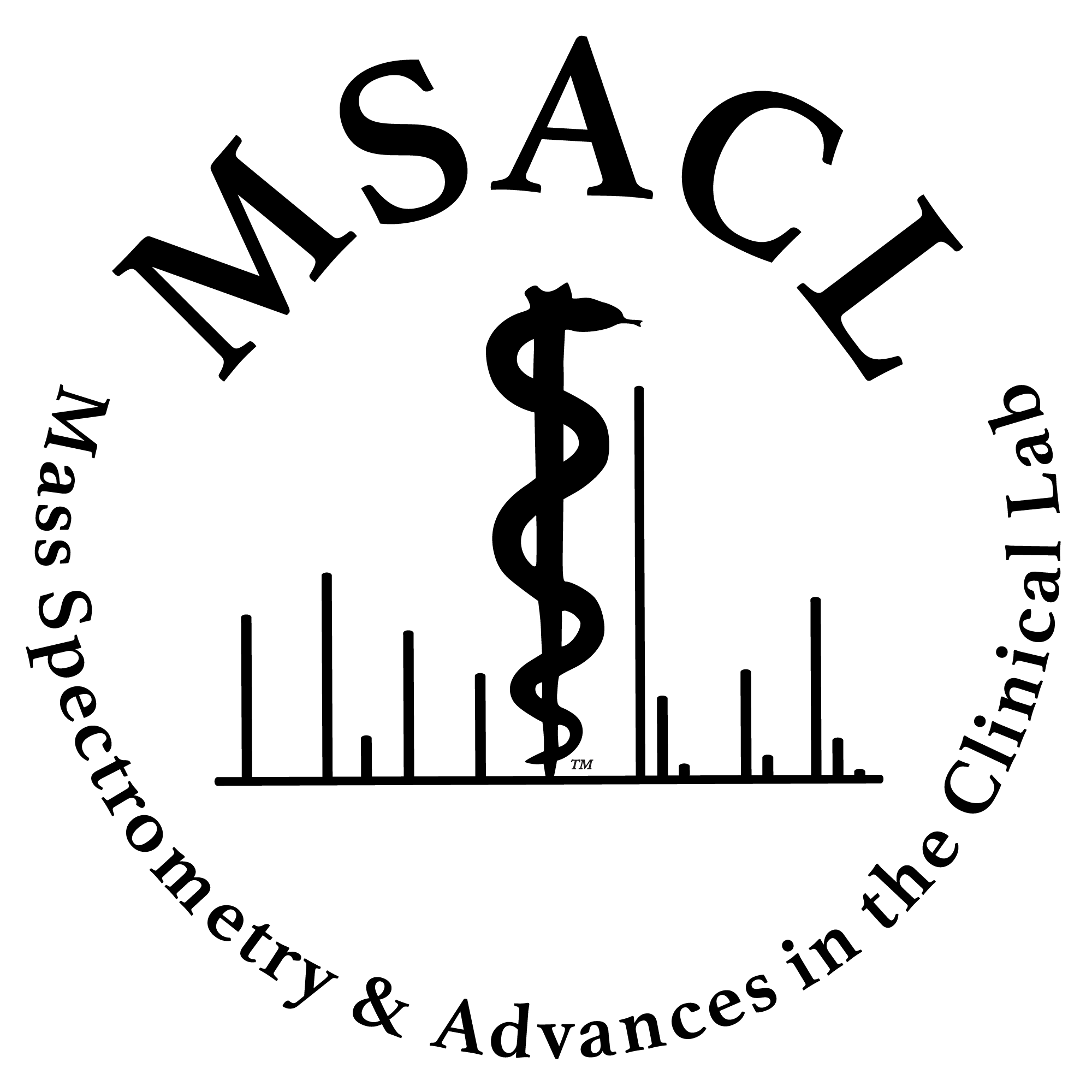 Applications of Dried Matrix Spots and MS Testing in the Clinical Lab Applications of Dried Matrix Spots and MS Testing in the Clinical Lab
Jessica M Colón-Franco (1), Dustin Bunch(2), Bill Clarke (3)
(1) Cleveland Clinic Foundation, Cleveland, OH
(2) Nationwide Children's Hospital, Columbus, OH and The Ohio State University, Columbus, OH
(3) Johns Hopkins University School of Medicine, Baltimore, MD

|
Jessica Colón-Franco, PhD (Presenter)
Cleveland Clinic Foundation |
|

|
William Clarke, PhD, MBA, DABCC (Presenter)
Johns Hopkins University School of Medicine |
|

|
Dustin Bunch, PhD, DABCC (Presenter)
Nationwide Children's Hospital |
|
Presenter Bio: Dr Jessica M Colón-Franco is Section Head of Clinical Biochemistry and Director of the Special Chemistry Laboratory at Cleveland Clinic, and adjunct faculty at Cleveland State University in Cleveland, OH. In her current role, Jessica provides strategic, clinical and scientific direction to the clinical laboratories in the section. Previously, Jessica was Director of Chemistry, Toxicology and Point-of-Care at Wisconsin Diagnostic Laboratories and Associate Professor at the Medical College of Wisconsin in Milwaukee, WI. Jessica obtained her bachelor’s degree in industrial biotechnology from the University of Puerto Rico at Mayagüez, Puerto Rico and her doctorate degree in Biochemistry and Molecular Biology from the Mayo Graduate School, College of Medicine in Rochester, MN. She completed a fellowship in Clinical Chemistry at Vanderbilt University Medical Center in Nashville, TN. Jessica is a diplomate of the American Board of Clinical Chemistry, fellow of the AACC Academy and is a member of several laboratory medicine associations, where she has served in various committee roles. Jessica’s interests are focused on endocrinology, therapeutic drug monitoring and toxicology, and inflammatory biomarkers. Presenter Bio: Dr. Clarke received his Ph.D. in Analytical Chemistry from the University of Nebraska in Lincoln in 2000, followed by a post-doctoral fellowship in Clinical Chemistry at the Johns Hopkins School of Medicine, ending in 2002. In addition, he received an MBA focused on medical services management from the Carey School of Business at Johns Hopkins in 2007. Following his post-doctoral fellowship, he remained at Johns Hopkins, where he is a Professor in the Department of Pathology, as well as the director of Point-of-Care Testing, Reference Toxicology, and Phlebotomy for the hospital. He also serves as the Vice-Chair for Quality and Regulatory Affairs in the Department of Pathology. His research interests include clinical mass spectrometry, method development and evaluation for therapeutic drug monitoring, clinical toxicology, point-of-care testing, and development/validation of biomarkers for use in drug management. Dr. Clarke has published as author or co-author over 170 peer-reviewed manuscripts or book chapters, and is the Co-Editor of the textbook Contemporary Practice in Clinical Chemistry. Presenter Bio: Dustin R. Bunch, is an Asst. Director of Clinical Chemistry & Co-Director Laboratory Informatics at Nationwide Children's Hospital. His research focuses small molecule analysis by mass spectrometry in a clinical setting and clinical informatics. |

